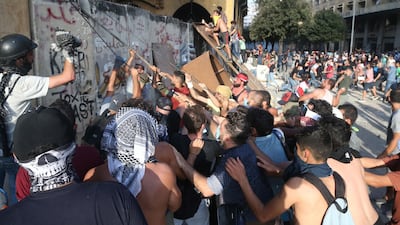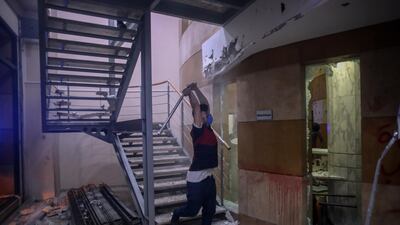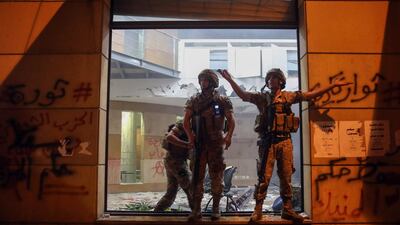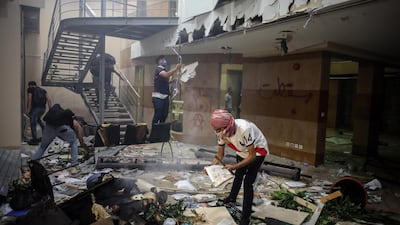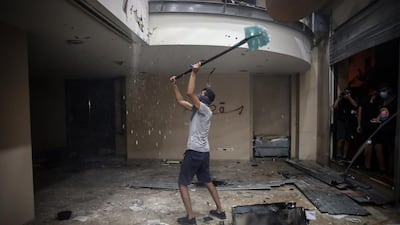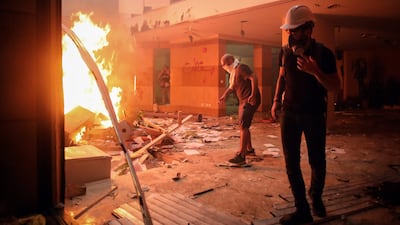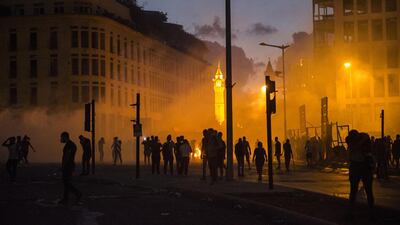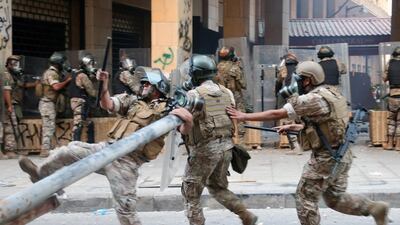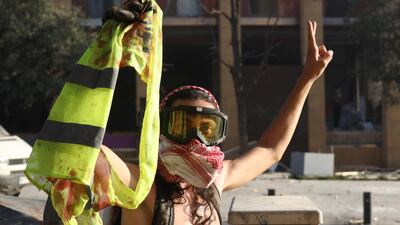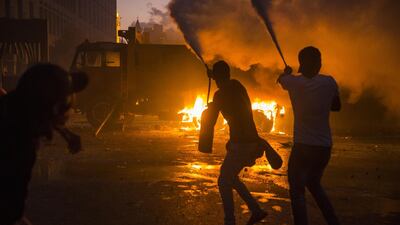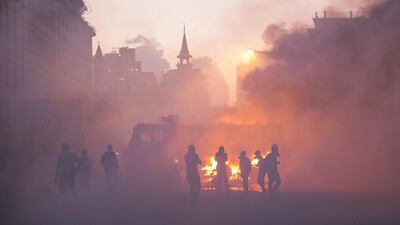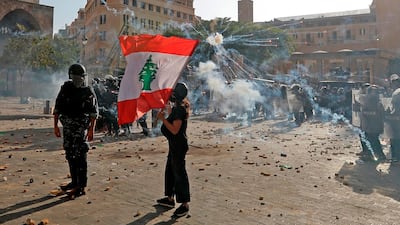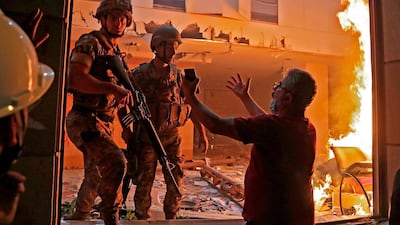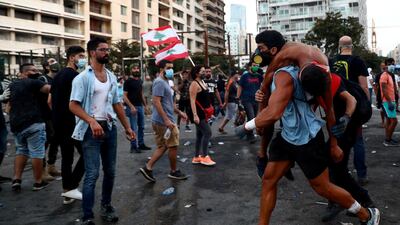One of my clearest memories from my time working as a journalist in Beirut was covering the aftermath of a twin suicide bombing in early 2014. A string of terrorist bombings had taken place in the city, particularly in Shia-majority areas, by extremist groups who targeted civilians in retaliation for Hezbollah's involvement in the war in Syria.
This particular bombing had taken place in a heavily populated area, and one of the cars exploded in front of an orphanage. (Mercifully, all the children there survived.) After covering the attack, I went back the next day to see how residents were coping with the aftermath. I climbed the stairs to an apartment that was directly across from one of the car bombs, and found a home that was completely destroyed, debris and wood and concrete everywhere - a lifetime of memories shattered in an instant.
An elderly man who lived in the apartment was there. His wife was being treated in the hospital. His daughter was there to help them pack and drive them to their hometown. On the balcony outside, the railing had been blown off. But they had set up two chairs and a rakwah or pot of Turkish coffee. I snapped a picture of the scene. In the rubble of their apartment, they were determined to hold on to something – perhaps it was beauty, perhaps a measure of comfort and solace in familiar rituals, perhaps joy. It was an image that epitomised a strength I had never seen in humans.
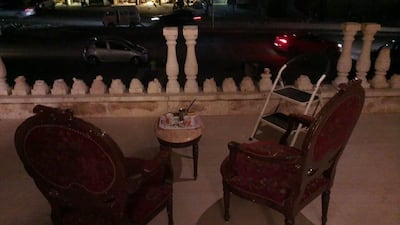
Lebanon itself was like that to me. Surrounded by an unstable region, with a war in Syria, the refugee crisis, sectarianism, the rivalry between regional powers that played out every day – it wasn’t an oasis of calm by any means, the currents driving the country here and there, its people suffering under the corruption and ineptitude of its ruling class. But it nevertheless found ways to be alive, to be a refuge.
Come to think of it, it felt like being on the Titanic and listening to the orchestra play as the ship sank beneath the waves.
But now, the Titanic is underwater. Beirut was brought down by 2,700 tonnes of ammonium nitrate that were left in the city's port, so close to so many homes. Calling it criminal negligence is too kind.
I still can't quite comprehend the level of devastation, the cataclysm brought on by an explosion that large. I keep looking at videos of the shockwave, and my jaw keeps dropping. The wave of white oblivion that crashes over the buildings. Looking at the images of Mar Mikhail and Gemmayze, neighbourhoods I had lived in that used to be vibrant with night life, landmarks I recognised, streets I had walked, now covered in broken glass and debris, shingles torn off the roofs of houses, or homes collapsed all together.
Every friend I had there posted images of their broken homes. Another told us about watching the wave come in from the port and panicking as she searched for her son who was playing downstairs. The pictures of broken children’s rooms got to me the most now that I have a son of my own. I keep imagining what it would have been like had we stayed.
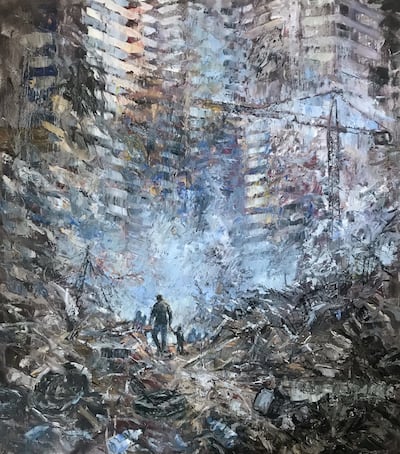
I didn’t need to imagine it for very long, because the friend who rented our old apartment near the port posted photos of the broken everything.
I left Beirut at the end of 2016 to take up another post, before moving halfway across the world to Canada. I thought doing so would inure me against the heartbreak that I navigated every day working as a journalist in the Middle East. But it turns out I never really left. Because the grief was all-encompassing and debilitating, and my heart still shattered into a thousand pieces.
I owe everything to the city. I met the love of my life there, at a little cafe in Mar Mikhail called Bar Tartine, along a stretch of road devastated by its proximity to the blast. I proposed to her at a spot overlooking Beirut’s marina. I made friendships in this city that will last a lifetime, and which made me who I am today. I owe to it my career in journalism.
But more importantly, I owe to it everything I learned about love, courage, hope, sacrifice, grief, hatred, dance, music, suffering and violence. Everything about life and meaning. The kind of yearning for life that finds the lone grass shoot in the desert, the diamond in the rough, the steaming pot of coffee on the balcony after the suicide bombing.
I don't know what comes next. This is only the latest in a battery of crises for the Lebanese people, though it is more monumental. It follows a currency crash, hyperinflation, collapsing economy, coronavirus resurgence, poverty, and hunger. You only rise again after so many beatings. Lebanon's ruling elite deserve the harshest of punishment, but I don't know if they'll get away with it again. I don't know if things can change, or if people will reach the conclusion I reached, that they should just leave everything behind.
I don’t know any of that. I’m not there, though I find myself wishing I could be there. All I have are memories of Beirut that aren’t scarred by the shattered glass, and the tears that well up unprompted. And a dark sadness that has made it impossible to smile.
Kareem Shaheen is a former Middle East correspondent based in Canada

